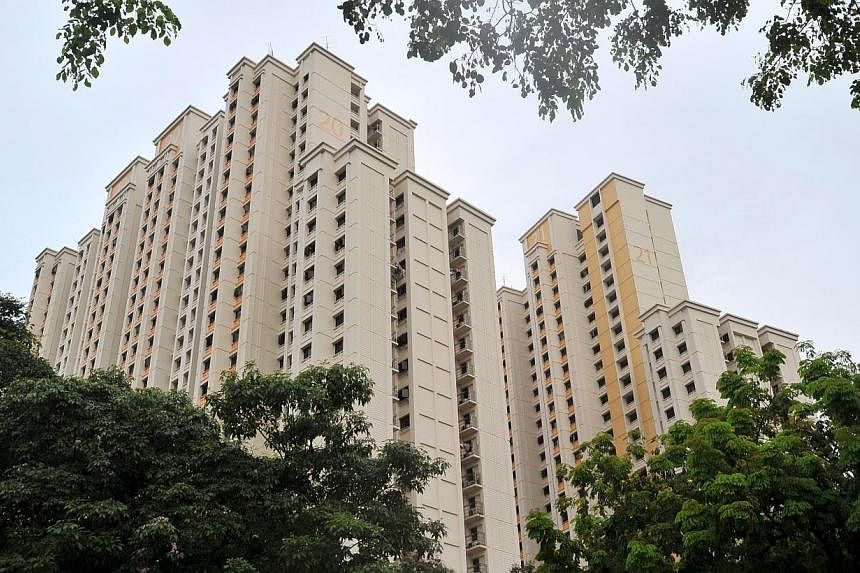National Development Minister Khaw Boon Wan has restated the Government's stand that it is premature to relax property market cooling measures, given current market conditions.
"Such a move could lead to an upswing in demand, which would increase the number of transactions and raise housing prices. This would not be welcome to Singaporean home-buyers, particularly those with aspirations to upgrade," Mr Khaw told Parliament on Monday.
Similar statements that it is too early to relax cooling measures were made at the end of June by the Ministry of National Development and late last month by the Monetary Authority of Singapore.
On Monday, Mr Khaw was replying to Ms Foo Mee Har's (West Coast GRC) call to consider relaxing some cooling measures such as those relating to Additional Buyer's Stamp Duty (ABSD), so that Singaporeans can upgrade their properties while staying financially prudent.
Foreigners buying any property have to pay an ABSD of 15 per cent, while Singapore permanent residents have to pay 5 per cent on their first property and 10 per cent on subsequent ones. Singaporeans citizens pay 7 per cent ABSD on their second property and 10 per cent on any further ones.
Mr Khaw replied that property cooling measures are meant to keep the housing market stable and sustainable. "They aim to encourage financial prudence among home-buyers and to moderate property prices."
He added that there are already concessions to benefit upgraders. For example, Singaporean married couples can enjoy a refund on ABSD if they sell their existing home within a stipulated period after buying their second home.
Similarly, if an upgrader can provide documents to his bank to show that he will be selling his existing home, he can be treated as a borrower with no outstanding housing loans. This lets him qualify for the maximum loan-to-value ratio of 80 per cent for the new housing loan - in other words, his loan can cover 80 per cent of the value of the purchase.
"The existing concessions are reasonable and sufficient," concluded Mr Khaw. "Any move to relax the cooling measures, including by broadening these concessions, is premature under current market conditions."


